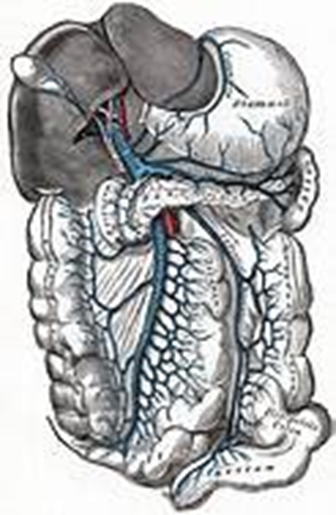A nurse is teaching an ACLS class and is discussing heart rhythms and treatment. Which of the following rhythms would indicate the need for defibrillation?
Atrial fibrillation
Supraventricular tachycardia
Asystole
Ventricular fibrillation
The Correct Answer is D
Choice A reason:Atrial fibrillation is not typically treated with defibrillation; it is usually managed with medication or other forms of rhythm control.
Choice B reason:Supraventricular tachycardia does not usually require defibrillation; it may be treated with vagal maneuvers or medication.
Choice C reason:Asystole, or the absence of a heartbeat, is not treated with defibrillation as there is no electrical activity to reset.
Choice D reason:Ventricular fibrillation is a life-threatening heart rhythm that requires immediate defibrillation to restore a normal heart rhythm.
Nursing Test Bank
Naxlex Comprehensive Predictor Exams
Related Questions
Correct Answer is A
Explanation
Choice A reason:Providing oral care every 4 hours and as needed is an evidence-based practice to lower the risk of ventilator-associated pneumonia by minimizing the buildup of bacteria in the mouth³.
Choice B reason:Positioning the head of the client's bed in the flat position is not recommended as it can increase the risk of aspiration; elevating the head of the bed to 30° to 45° is the standard practice.
Choice C reason:Turning the client every 4 hours is important for preventing pressure ulcers and improving lung function but is not the primary action for reducing pneumonia risk³.
Choice D reason:Providing humidity helps to maintain mucous membrane integrity but must be carefully managed to prevent bacterial growth and is not the primary action for reducing pneumonia risk³.
Correct Answer is B
Explanation
Choice A: “I have a tight sensation in my lower leg when I forget to put my feet up.” This statement may indicate the presence of edema, which is common in cirrhosis due to hypoalbuminemia and sodium retention. However, it is not as immediately concerning as other symptoms because it can often be managed with diuretics and compression. It is important to monitor for worsening edema, as it can lead to increased discomfort and risk of skin breakdown.
Choice B: “I can’t button my pants anymore because my belly is so swollen.” This statement is concerning because it suggests the development of ascites, which is the accumulation of fluid in the peritoneal cavity, causing abdominal swelling. Ascites can lead to abdominal discomfort, difficulty breathing, and is a sign of advanced liver disease with significant portal hypertension. It requires medical evaluation and management, which may include paracentesis (removal of fluid), diuretics, and sodium restriction. Cirrhosis is a late stage of scarring (fibrosis) of the liver caused by many forms of liver diseases and conditions, such as hepatitis and chronic alcoholism. Portal hypertension is an increase in the blood pressure within a system of veins called the portal venous system. Veins from the stomach, intestine, spleen, and pancreas merge into the portal vein, which then branches into smaller vessels and travels through the liver.
Choice C: “I’m very constipated and have been straining during bowel movements.” While constipation is uncomfortable and can indicate dietary issues or side effects from medication, it is not typically a direct complication of cirrhosis or portal hypertension. However, straining during bowel movements can increase the risk of bleeding from esophageal varices if they are present, so it is important to manage constipation to prevent potential complications.
Choice D: “When I sleep, I have to sit in a recliner so that I can breathe more easily.” This statement indicates orthopnea, which can be associated with ascites or pleural effusions (fluid in the lungs), both of which can occur in the setting of cirrhosis and portal hypertension. While this symptom is concerning and affects the client’s quality of life, it is generally less concerning than the development of ascites, as it can be managed with adjustments in sleeping position and medical management of the underlying fluid accumulation.

Whether you are a student looking to ace your exams or a practicing nurse seeking to enhance your expertise , our nursing education contents will empower you with the confidence and competence to make a difference in the lives of patients and become a respected leader in the healthcare field.
Visit Naxlex, invest in your future and unlock endless possibilities with our unparalleled nursing education contents today
Report Wrong Answer on the Current Question
Do you disagree with the answer? If yes, what is your expected answer? Explain.
Kindly be descriptive with the issue you are facing.
